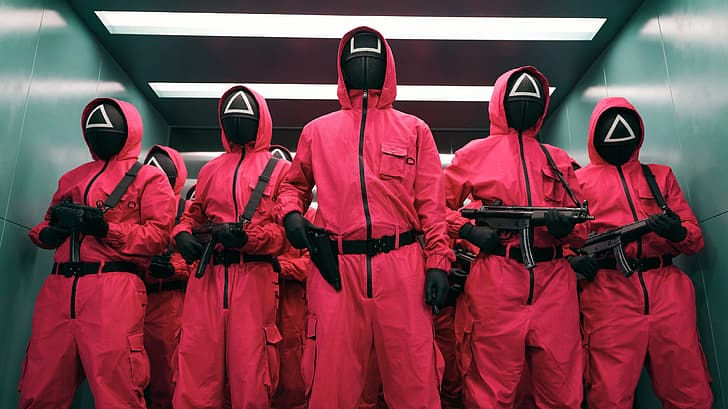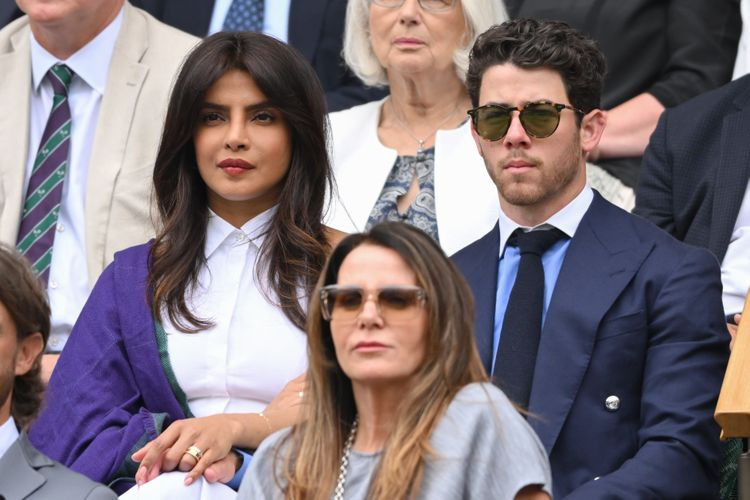Is Pop Culture Making Us Shallow?
- radhika-sinha

- May 21
- 3 min read
May is often described as a month where beauty meets creativity and cultural spectacle. This year, the global stage was dominated by two iconic events—the MET Gala and the Cannes Film Festival. Both have long been considered pinnacles of fashion, art, and cinema. But in 2025, one can't help but question: are these events evolving, or are we misinterpreting what they represent?
As someone deeply curious about culture and its intersections, I followed both events closely. While I don’t claim fashion expertise, my background in art makes me attuned to the visual language of expression, symbolism, and social commentary. That lens changes how I see these cultural moments—not just as glossy, glamorous affairs, but as signifiers of something deeper (or sometimes, distressingly superficial).

The MET Gala: More Than Just Glam
The MET Gala is often misunderstood as a celebrity costume party, but it’s rooted in art history and philanthropy. Established in 1948, it’s a fundraiser for The Metropolitan Museum of Art’s Costume Institute, with tickets ranging up to $75,000 and attendance tightly curated under Anna Wintour’s watch.
Each year’s event is tied to a specific exhibition theme, and guests are expected to interpret that visually. This year’s theme—"Superfine: Tailoring Black Style"—drew inspiration from Monica L. Miller’s book Slaves to Fashion: Black Dandyism and the Styling of Black Diasporic Identity. The exhibit is divided into twelve thematic sections like Ownership, Presence, Distinction, Freedom, and Heritage, each celebrating the essence of Black sartorial excellence and identity.

However, what I noticed across social media was a glaring lack of understanding about the Gala's intent. Indian representation was a major talking point, especially with Shah Rukh Khan’s debut. But the online conversation stayed fixated on surface-level aesthetics, often missing the cultural or curatorial context.

This isn’t to say fashion can’t be fun—it should be! But it’s worth asking: why are we more invested in decoding designer labels than understanding what the event is even about? While everyone’s entitled to escape into entertainment, there’s a difference between joyful consumption and blind obsession—especially when that obsession replaces more meaningful engagement with our surroundings.
We can’t expect the MET Gala to shoulder the burden of global issues. But we can expect more from our conversations about it. Pop culture doesn’t exist in a vacuum—and neither do we.
Cannes Film Festival: A Shift in Spotlight
Unlike the MET, Cannes has traditionally celebrated cinematic craft. As someone raised in a culturally rich environment, I’ve always looked forward to its line-up of global films. But in 2025, Cannes felt less like a film festival and more like an Instagram highlight reel.
Creators like Nancy Tyagi and Parul Gulati received more media attention than many nominated directors. Tyagi’s mint green self-stitched gown and Gulati’s braided-hair dress sparked headlines—not for breaking cinematic ground, but for fashion ingenuity. Their creative efforts deserve recognition, but again, the imbalance in media attention is telling.

The reason? Cannes has now become a branding playground. Sponsored influencer packages (costing anywhere between ₹8 lakh to ₹30 lakh) have turned the red carpet into a curated marketing stage. Brut India, for example, selects creators and changemakers for its Cannes “Brut Squad,” legitimizing their presence while ensuring broader social media reach.
But as red carpet content eclipses actual film discourse, one wonders: where does this leave the filmmakers? Scroll through any feed during Cannes and it’s clear—fashion moments trump film appreciation.

It’s not wrong for fashion to be part of the narrative—it always has been. But when creators with no connection to cinema receive disproportionate coverage, the purpose of the festival starts to blur.
Conclusion: When Pop Culture Becomes a Smokescreen
Fashion and cinema will always hold aspirational value. They give us joy, inspiration, and a break from reality. But when conversations around them drown out everything else—especially during times of political unrest—we must pause and ask: what are we really engaging with?
It’s not about cancelling red carpet events or judging those who follow them. It’s about balance. Can we admire a look and still care about real issues? Can we celebrate creativity without disconnecting from context?
Because if pop culture becomes the only culture we engage with, we may soon forget what truly deserves the spotlight.



Comments